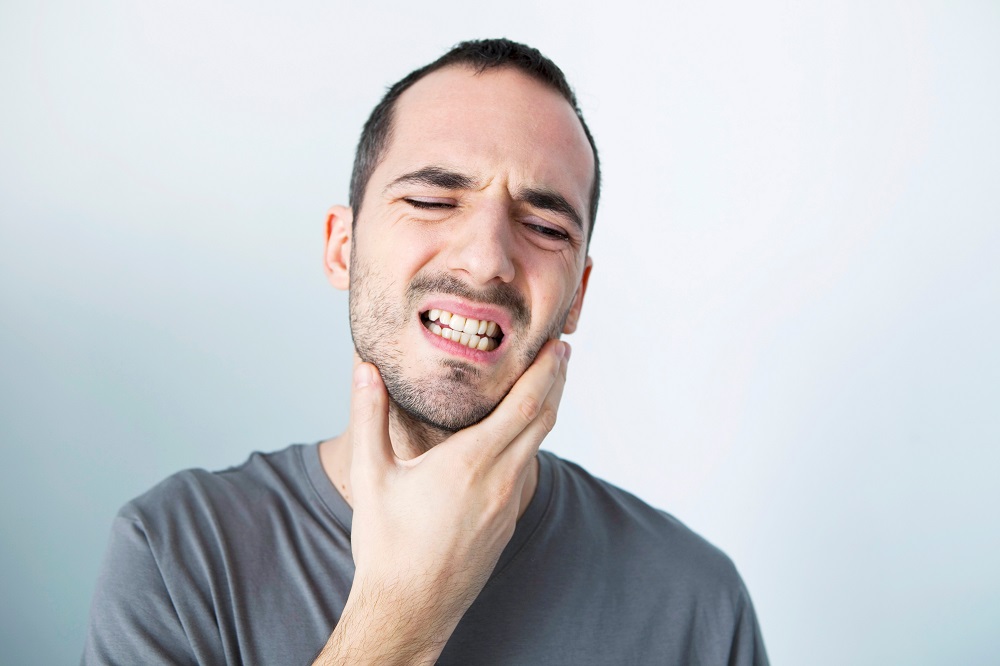Sore muscles are the primary culprit in temporomandibular joint disorder (TMJ) related jaw pain. When your jaw muscles can’t unwind, they will get sore, which results in chronic headaches, facial pain, and jaw pain that people frequently experience.
It is called bruxism when you clench and grind your teeth as you sleep. If you have pain, you should get treatment for this medically recognized disease. TMJ treatment near you is one of the many therapeutic options for bruxism.
Muscle relaxant medications are one potential treatment occasionally suggested to ease stiff jaw muscles. Although they may be effective, they frequently have negative side effects that make them unattractive, especially when other options may be equally or even more effective.
Muscle Relaxants For Bruxism: How They Work
Bruxism muscle relaxants frequently function by injecting specific chemicals into the jaw region. It is impossible to contract your jaw muscles since these substances stop the brain from communicating with them. Although the precise chemical utilized in these bruxism muscle relaxants can vary, it is typically the same compound used to treat facial wrinkles.
Taking anti-anxiety medication is another option for getting your jaw muscles to relax. These muscle relaxants are often taken as pills, like diazepam (Valium) and cyclobenzaprine.
Why is a Mouthguard a Better Option for Teeth Grinding?
If you believe using a muscle relaxant would help your bruxism, discussing this with your dentist in Mahogany or primary care physician is preferable. Usually, a dentist or doctor must prescribe these drugs. Your doctor may prescribe a variety of muscle relaxants to treat your bruxism, including:
- Cyclobenzaprine (Amrix and Fexmid)
- Valium (Diazepam)
- Benzodiazepines
Your healthcare professionals will be able to assess your symptoms and decide, if necessary, which muscle relaxant is ideal for you. Alternative forms of treatment are frequently beneficial as well. Since the underlying causes of bruxism are frequently complex, a treatment strategy may incorporate several options.
Alternative Remedies for Grinding Your Teeth
Work with your dentist near you to determine the source of your clenching or grinding before considering treatment options. Even though it can be challenging to pinpoint the specific cause of bruxism, identifying probable triggers can help establish the best course of action for you.
Antidepressants, stress, a misaligned bite, and others are some typical reasons for bruxism. Muscle relaxants are frequently only used temporarily to treat bruxism. To preserve your oral health from the effects of clenching and grinding, further therapies are frequently used later.
You might find relief from some of the following remedies, depending on the underlying cause:
- Occlusal splints, mouthguards, or night guards are oral appliances that fit over your upper or lower teeth to stop them from contacting one another and breaking down.
- Botulinum toxin injections (Botox): This causes the masseter muscles to become weaker and less active. This brief paralysis permits muscular relaxation and lessens jaw muscle discomfort.
- Stress management: One of the most prevalent risk factors for bruxism is stress. Reducing stress can reduce your subconscious habit of grinding your teeth by releasing tension in your jaw and facial muscles. Techniques for reducing stress include talk therapy, physical activity, or meditation.
Where Can You Find a Custmbite Night Guard?
Get TMJ treatment in Mahogany made in a licensed dental lab, and we offer a 100% money-back guarantee that every night guard will fit comfortably.
You’ve come to the correct place if you’re seeking a less risky and more practical alternative to muscle relaxants for bruxism. Grab your customized dental guard today from Mahogany Dental Wellness to address bruxism in a secure, dependable, and affordable way.

